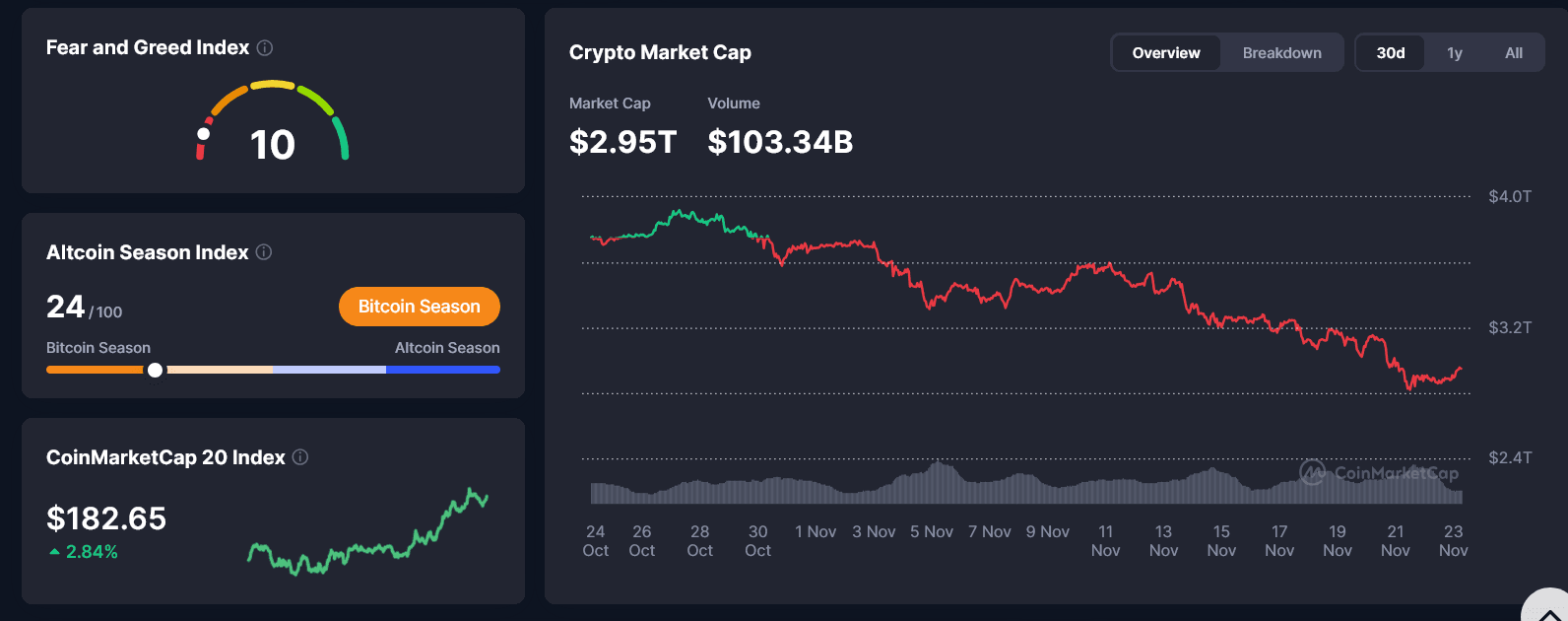Can Molson Coors' Overhaul Turn Around a Declining Beer Industry?
- Molson Coors announced a 9% workforce reduction (400 roles) by 2025, costing $35-50M, to stabilize its U.S. beer business amid economic challenges. - The restructuring prioritizes profitability and shareholder returns, despite 3-4% sales declines and 7-10% EPS drops forecast for 2025 due to rising aluminum costs and tariffs. - Analysts remain cautious, with TAP stock down 18.9% over 52 weeks and a "Hold" rating, though five analysts recommend "Strong Buy" amid uncertain cost-cutting execution. - CFO Trac
Molson Coors Brewing Company is currently undergoing a significant restructuring phase and facing market volatility, taking steps to reduce expenses and strengthen its primary U.S. beer operations in a tough economic climate. The company has revealed intentions to decrease its salaried workforce in the Americas by 9%, which equates to about 400 jobs, by 2025. This action is projected to result in severance costs ranging from $35 million to $50 million in the last quarter of 2025, as detailed in the company's
This restructuring is consistent with the company’s wider initiatives to counteract economic challenges, including increased aluminum prices due to the Midwest Premium and elevated tariffs, both of which have squeezed profit margins. Despite these obstacles, Molson Coors has maintained its $1.3 billion free cash flow goal for the year, citing positive trends in working capital and tax advantages, as reported by Yahoo Finance. Nevertheless, the company has lowered its outlook for the full year, now anticipating net sales to fall by 3–4% and earnings per share (EPS) to decrease by 7–10% in 2025, according to Yahoo Finance. This comes after a mixed second quarter, where adjusted EPS climbed 6.8% year-over-year to $2.05—beating analyst forecasts by 12%—while net sales slipped 1.6% to $3.2 billion, as reported by

Market experts remain wary about the stock’s short-term outlook. Over the past year, shares trading under the ticker TAP have dropped 18.9%, lagging behind both the S&P 500 Index and the Consumer Staples Select Sector SPDR Fund, as noted by Barchart. The stock currently holds a "Hold" consensus, with an average price target of $53.14—suggesting a possible 14–16.9% increase—based on the opinions of 22 analysts, according to Yahoo Finance. While five analysts rate it as a "Strong Buy," others express reservations about the speed of cost-cutting measures and the broader industry’s challenges with evolving consumer tastes.
The company’s commitment to reinvestment and rewarding shareholders has been highlighted by CFO Tracey Joubert, who pointed out that strong cash flow enables both expansion efforts and dividend payments, as mentioned by Yahoo Finance. Molson Coors’ upcoming earnings report, expected in early February 2026, will be a key indicator of its ability to maintain profitability during ongoing restructuring and economic headwinds, according to Yahoo Finance.
Disclaimer: The content of this article solely reflects the author's opinion and does not represent the platform in any capacity. This article is not intended to serve as a reference for making investment decisions.
You may also like
Bitcoin News Update: Institutions Choose Bitcoin as Protection Against Inflation, Not as a Payment Method
- BlackRock highlights rising institutional demand for Bitcoin as a "digital gold" hedge against inflation, not a payment tool. - Abu Dhabi's ADIC tripled its $517.6M stake in BlackRock's IBIT ETF, reflecting confidence in Bitcoin's long-term value preservation. - BlackRock develops a staked Ethereum ETF but faces regulatory hurdles, while crypto treasury firms like FG Nexus struggle with asset valuation pressures. - Institutional adoption accelerates globally, with Latin America expanding crypto infrastru
What's Next For the Crypto Market?

Bitcoin News Today: Bitcoin as Digital Gold, Ethereum as the Engine of Decentralized Finance: How Cryptocurrencies Are Carving Out Distinct Functions
- BlackRock executives highlight Bitcoin's shift toward "digital gold" as a long-term store of value, supported by institutional demand and fixed-supply models like Bitcoin Munari. - Ethereum's faster transaction velocity (3x BTC) reinforces its "digital oil" role, contrasting with Bitcoin's stable, passive accumulation strategy and macro-hedge appeal. - Regulatory clarity on stablecoins and blockchain transparency could deepen Bitcoin's institutional adoption while highlighting risks in altcoins like Aero

Stargate’s AI Strategy: Safeguarding the Nation or Raising Antitrust Concerns?
- Stargate, a $500B AI joint venture led by OpenAI, Oracle , and Nvidia , aims to consolidate computing power across seven gigawatt data centers in the U.S. and UAE. - Yale scholar Madhavi Singh warns the alliance violates antitrust laws by merging fierce competitors, risking cartel-like behavior and stifling innovation in chips and cloud services. - Critics argue Stargate eliminates competition in key AI sectors, while the Trump administration and lawmakers praise it as a strategic move to counter China,
